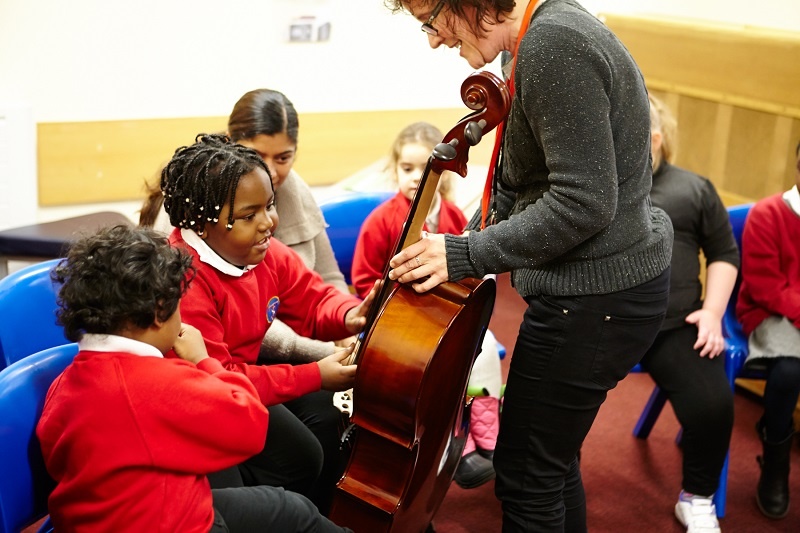
Expressive arts and design in the early years with Arts Award
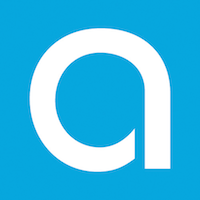
BY: Julie Neville
28 Feb 2022
In September 2021 the Early Years Foundation Stage (EYFS) framework was updated by the Department for Education. The EYFS sets standards for the learning, development and care of children from birth to 5 years old. All schools and Ofsted-registered early years providers follow the EYFS, including childminders, preschools, nurseries and school reception classes.
This blog takes a look at the updates made to the Expressive Arts and Design (EAD) area of learning in the EYFS and its two associated Early Learning Goals (ELGs), exploring how Arts Award Discover can easily support early years practitioners to fulfil these.
For anybody wondering if Arts Award can be achieved with children in the early years, the answer is yes! Whilst originally designed for children aged 5 upwards, Arts Award Discover, our introductory level in the arts, has proven itself to be a valuable framework for nurturing creativity and independence in nurseries and reception classes.
Arts Award Discover encourages children to develop a basic understanding of a range of art forms, to take part in arts activities and to develop a basic understanding of communication. It provides a foundation to enable learners to be introduced to the arts, blending ideally with the early years principles of learning and development.
Expressive Arts and Design is one of the seven areas of the EYFS and is used to develop a child's imagination, creativity and their ability to use media and materials. In the Revised Early Years Foundation Stage, EAD is broken down into two goals:
- Creating with Materials
- Being Imaginative and Expressive
How does Arts Award Discover support the achievement of these goals?
Discover Part A: Take part
Arts Award participants begin to recognise that the arts exist all around them in many different forms and are a continuous part of our daily lives. They also have a go at an arts activity.
By taking part in practical arts activities, children can explore different materials, tools and techniques, experimenting with colour, design, texture, form and function (ELG: Creating with materials).
Arts activity can take many different forms, from trying out visual arts, to performing arts. This could include singing a range of well-known nursery rhymes and songs, performing songs, rhymes, poems and stories as well as moving in time with music (ELG: Being imaginative and expressive).
Discover Part B: Find out
Children find out about artists and their work. They might do this by meeting an artist visiting their early years setting who shows them their work and talks about how they create it. Alternatively, early years practitioners might introduce the work of an artist and some basic information about their life. Children may choose to express their understanding by making some of their own art work in the style of the artist (ELG: Being imaginative and expressive, ELG: Creating with materials) or make use of props and materials when role playing the artist’s story (ELG: Creating with materials).
These activities would also cover additional ELGs including Communication and Language - Listening, Attention and Understanding and Understanding the World - Past and Present.
Discover Part C: Share
At the end of the Discover Arts Award journey, children share with others what they have enjoyed and learnt while doing their certificate.
They might choose to share their creations, explaining the process they have used (ELG: Creating with materials). This could also involve inventing, adapting and recounting narratives and stories with peers and their teacher (ELG: Being imaginative and expressive).
Wider Arts Award value and resources in the early years
The changes to the EYFS framework include a wider variety of ways children can develop their creative skills. This is especially important to Arts Award as we value the widest possible range of arts, cultural and creative experiences as part of the Arts Award journey, and we agree that helping children to be creative is as much about encouraging attitudes of curiosity and questioning as it is about learning skills or techniques.
Expressive arts and design in the early years acknowledges that imagination and creativity do not sit in isolation from the other areas of learning and development. In the same way, Arts Award provides a framework for arts and creativity to be cross-curricular, with strong links to personal, social and emotional development, communication and language, physical development, literacy and maths.
The flexibility that Arts Award offers is ideal for delivery in early years settings. Children can record their work in any way that is accessible to them, with a wide range of options for evidencing with those who have additional needs, and a full range of art form choices.
Arts Award has developed evidencing templates that can be used by younger children, including the free to download Discover map in A3 and an extra large Discover log book available from the Arts Award shop. Early Years practitioners may also find the Discover at Home resource useful for engaging with parents, carers and siblings.
For further information get in touch.
Reference sources: Nursery World, Early Years Alliance, Early Years Matters.
Related posts
BY: Guest Writer

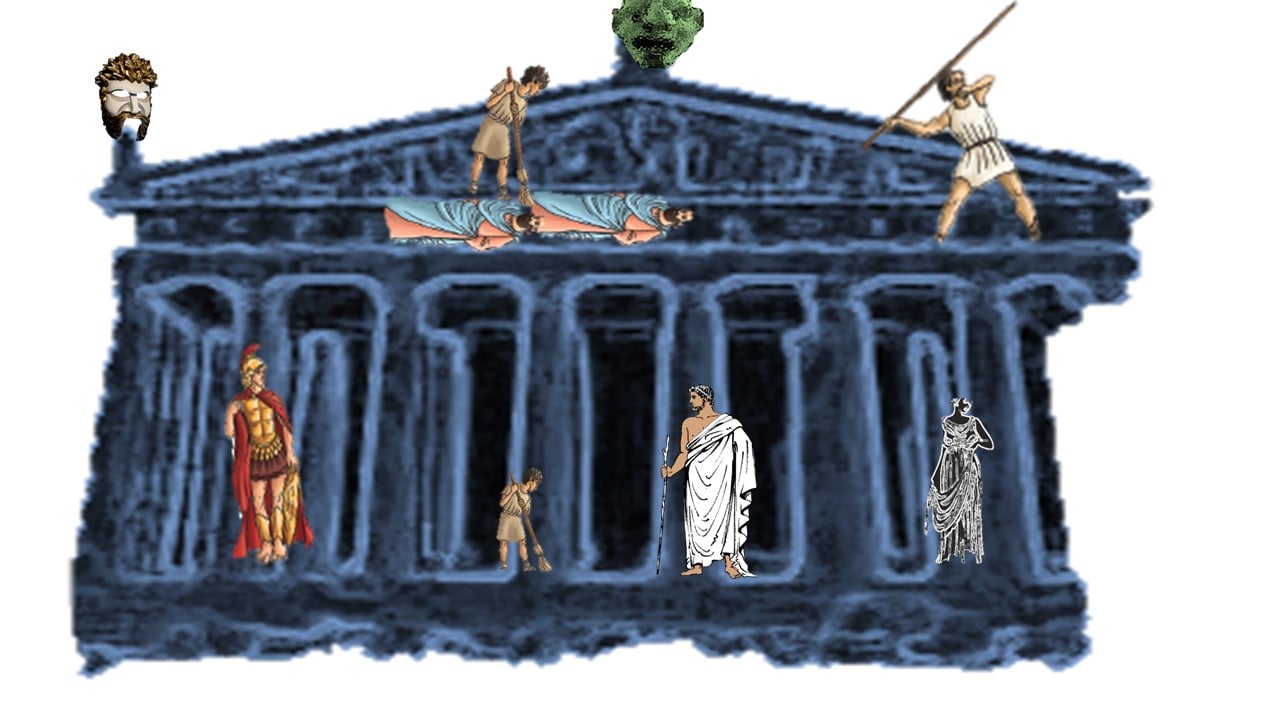
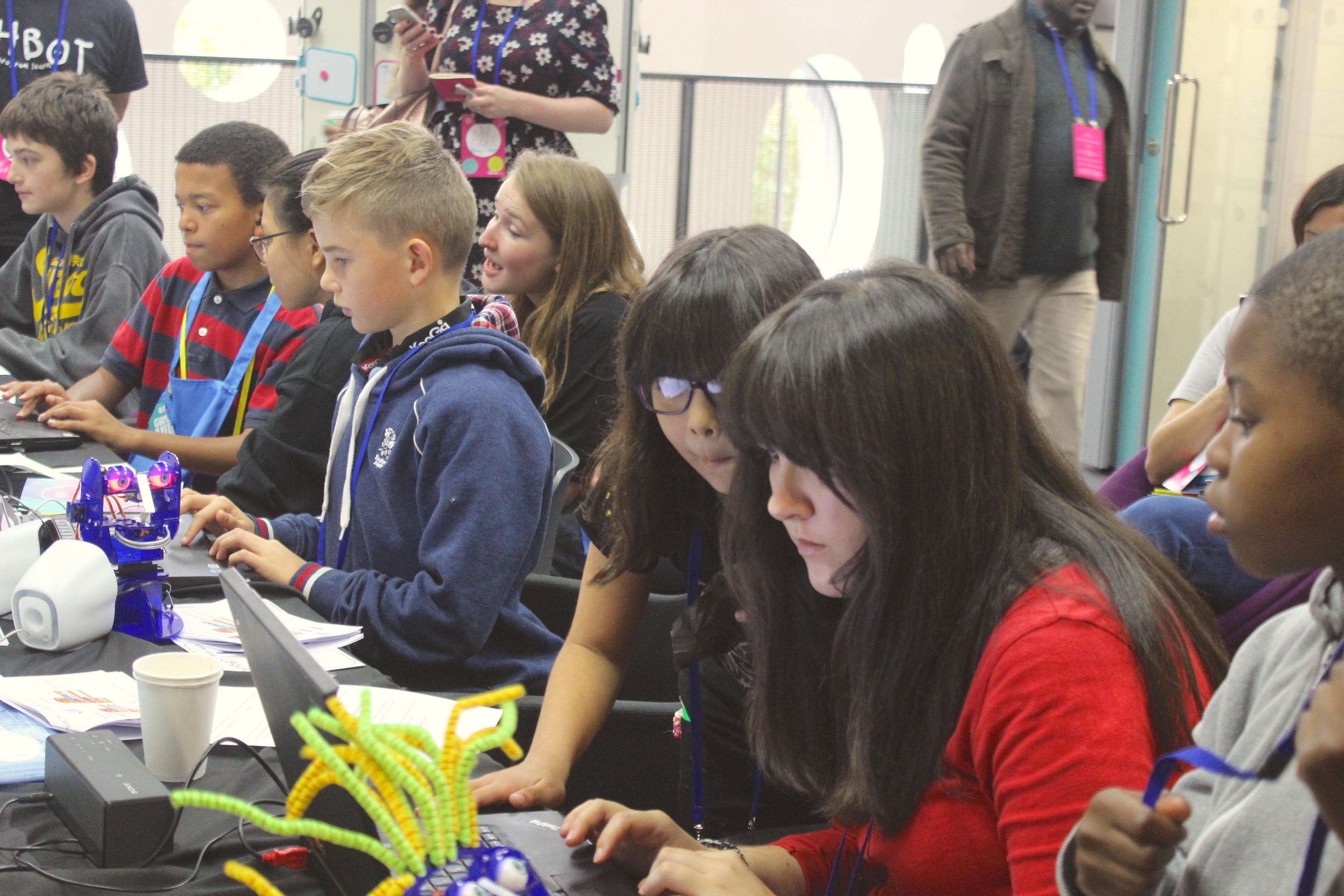
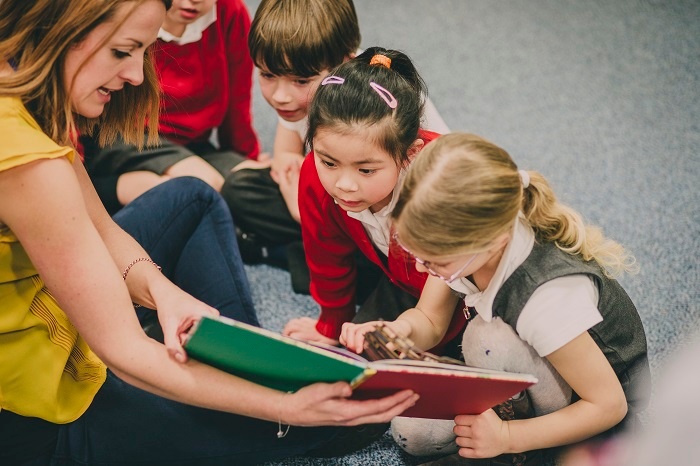
Comments & Replies